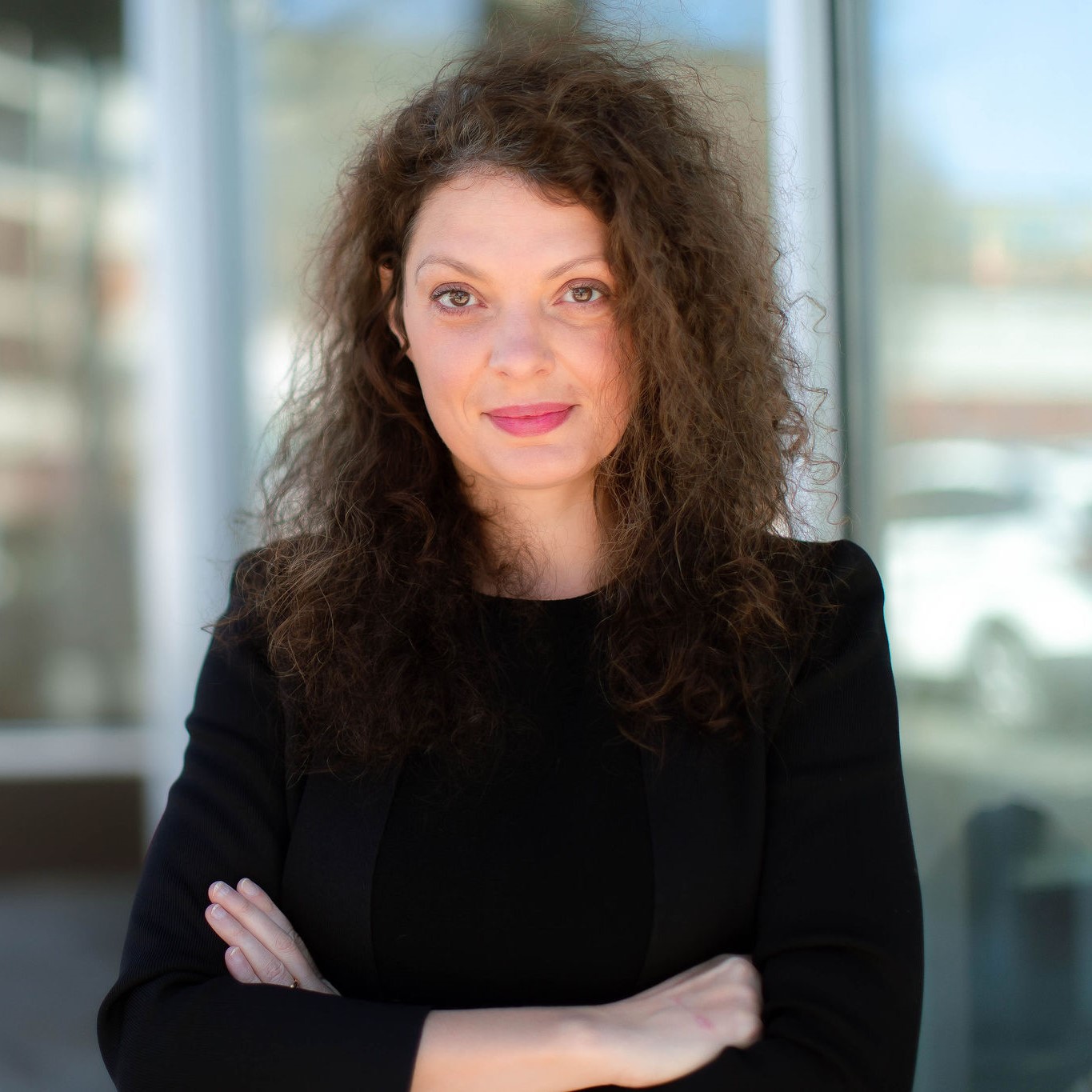Adriana ChiraWinship Distinguished Research Professor of History, Associate Professor, & Director of Graduate Admissions
Adriana Chira, Winship Distinguished Research Professor of History, Associate Professor of Atlantic World History (Ph.D. University of Michigan, M.A. Cornell University, B.A. Cambridge University, UK), and Director of Graduate Admissions. Atlantic history; Cuba in world history; race; slavery and the law; land tenure and property; post-emancipation.
I am a historian of the Atlantic World, with research interests in histories of race and law in slaving and post-emancipation Cuba and Puerto Rico. My first book, Patchwork Freedoms: Law, Slavery, and Race beyond Cuba’s Plantation (Cambridge University Press, Afro-Latin America Series, 2022), focuses on enslaved and free Afro-descendants’ efforts to own landed property and to attain free legal status through claims to ownership filed inside first instance and appellate courts in Cuba during the nineteenth century. The book traces the political implications of these processes arguing for a history of emancipation that pays attention to vernacular legalism and modes of claiming property. The project is based on extensive archival research within Cuba (in Havana and Santiago de Cuba) and Spain.
Patchwork Freedoms received the Outstanding First Book Prize from the Association for the Study of the Worldwide African Diaspora, the James A Rawley Prize in Atlantic World History from the American Historical Association, the Peter Gonville Stein Prize for best book in non-US legal history from the American Society for Legal History, and the Elsa Goveia Prize for excellence in Caribbean history from the Association of Caribbean Historians. It has also received honorable mentions from the Latin American Studies Association (the Nineteenth Century Section) and from the Latin American and Caribbean Studies Section of the Southern Historical Association. Articles based on this project have appeared in the Law and History Review and in the American Historical Review. The articles have received, among others, the Vanderwood Prize from the Conference on Latin American History and the prize for best article in any field authored by a woman historian from the Berkshire Conference of Women Historians.
I am currently at work on several book projects. The first one, a collaboration, is a cultural history of value and labor markets in eighteenth-century Cuba and Colombia. A second book explores vernacular and elite legal theories of land ownership in nineteenth century through mid-twentieth century Cuba, paying close attention to both popular and juridical approaches to landed property’s “social functions.” In a third project, which is in very early stages, I think through the relationship between global finance, state-run development policies targeting rural areas, and popular understandings of social rights to land and housing in Puerto Rico during the twentieth century.
My research has been supported by the National Endowment for the Humanities, and by residential fellowships at Yale University (at the Agrarian Studies Center) and at Harvard University (with the Weatherhead Initiative in Global History).
My courses are in close conversation with my research. I teach thematic global history courses (e.g., Human Trafficking in World History; Property and Social Justice in World History; Globalization: the Atlantic World), as well as place-focused courses (e.g., on the Caribbean, Cuba, and Puerto Rico). I like working closely with History majors who are eager to be research assistants for any of my projects (but I am unfortunately unable to offer assistantship to non-majors at the moment).
I am also the creator of a study abroad program in Cuba, which focuses on questions of food sovereignty and environmental history, and which usually takes place during the Maymester semester. Please contact me if you are interested.
Education
- B.A. Cambridge University, United Kingdom, 2005.
- M.A. Cornell University, 2008
- Ph.D. University of Michigan, 2016.
Interests
- Atlantic history
- Cuba in world history
- Puerto Rico
- Race
- Slavery and the law
- Land tenure and property
- Land financialization
